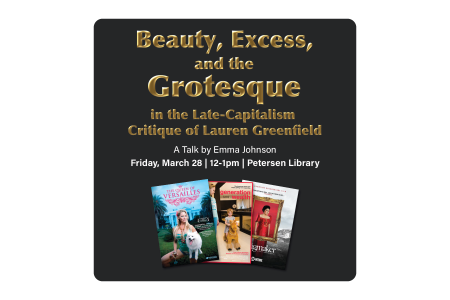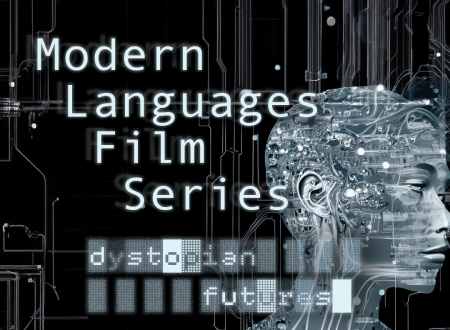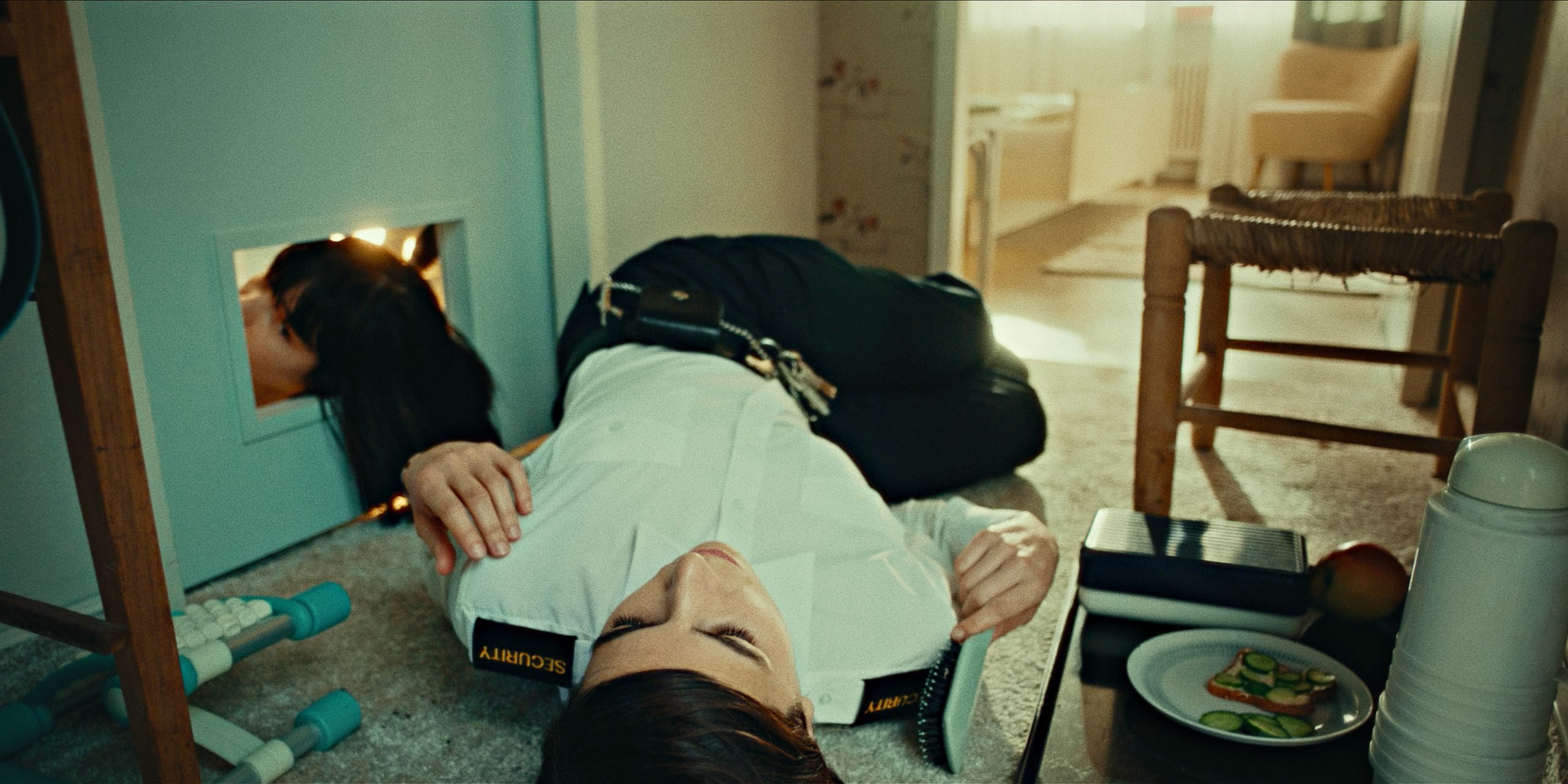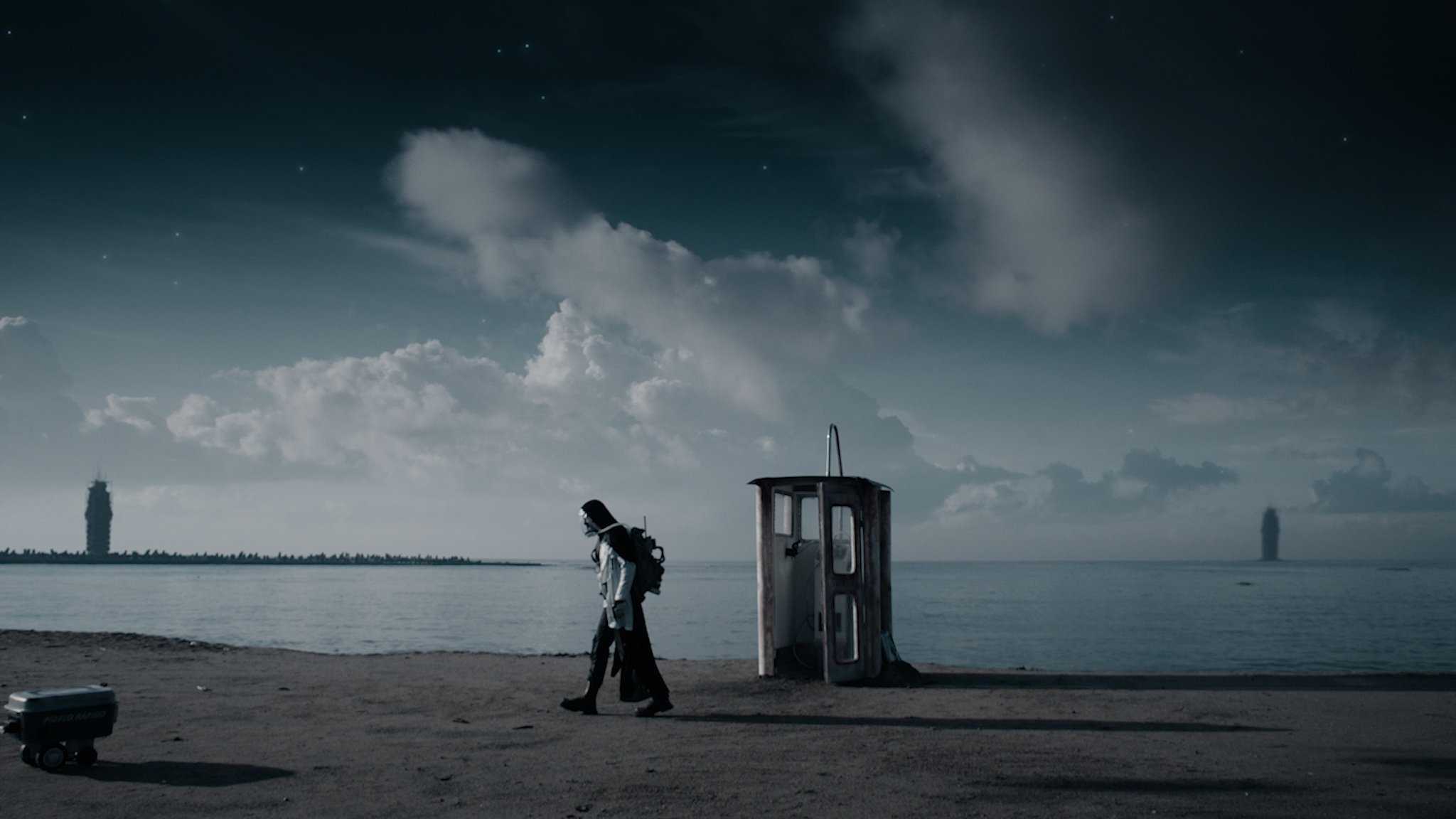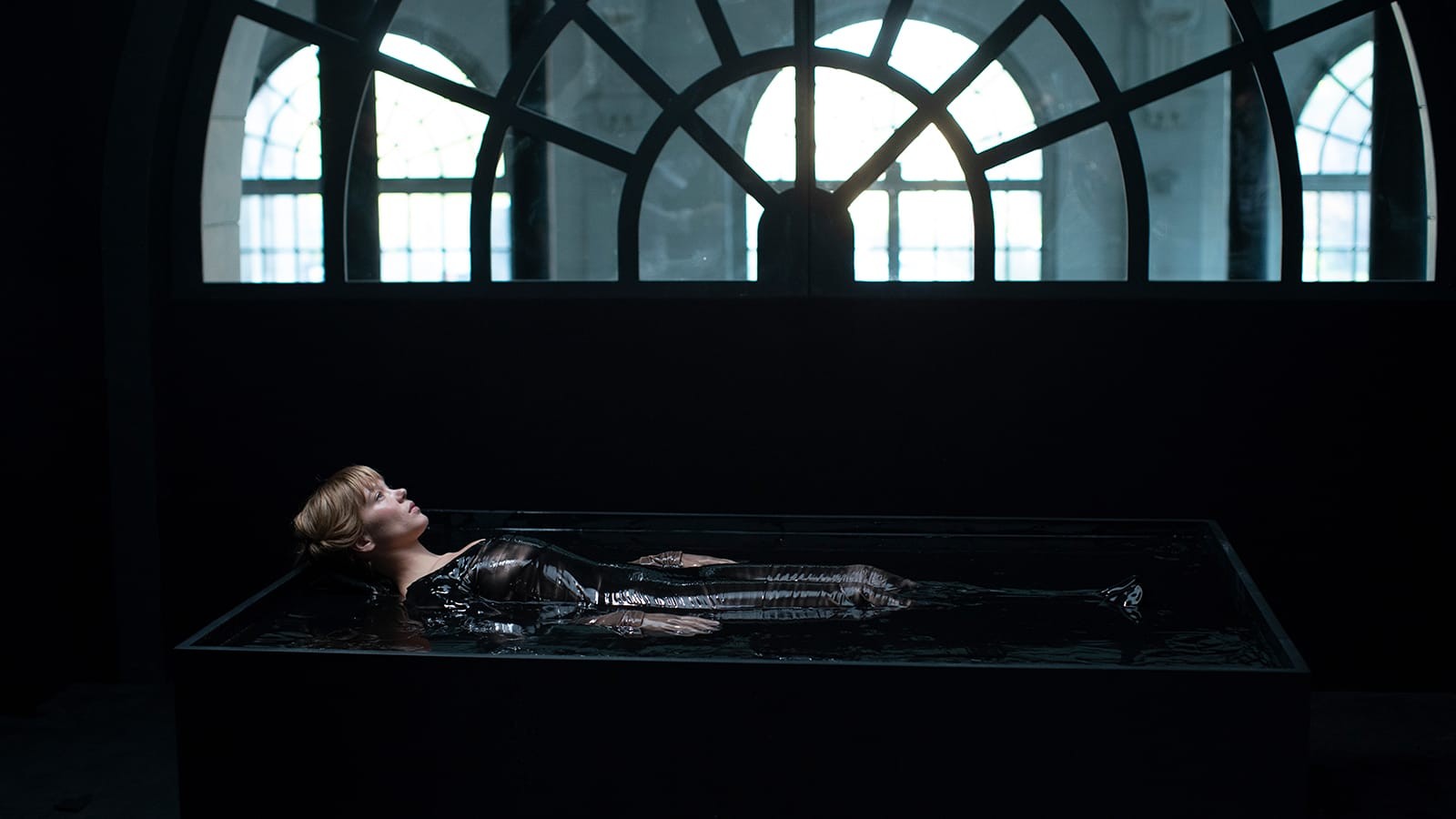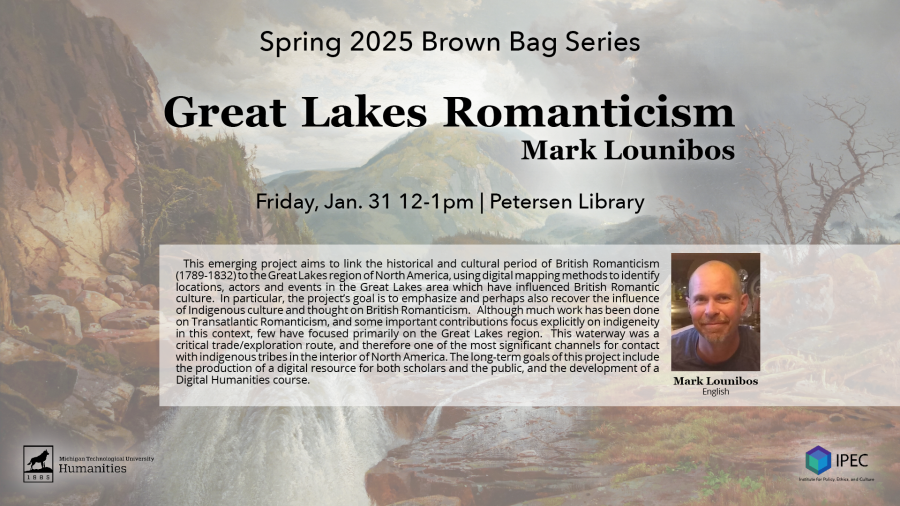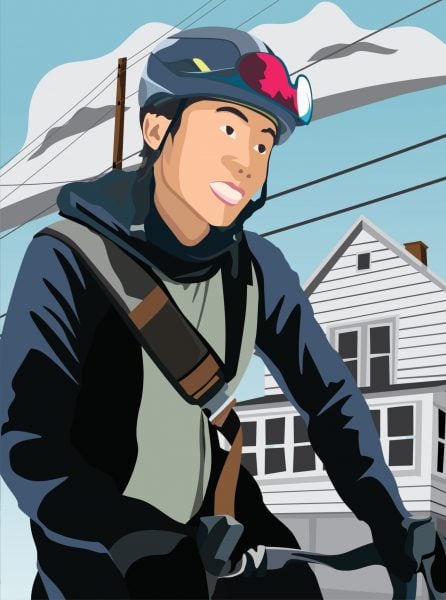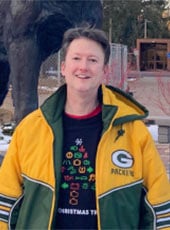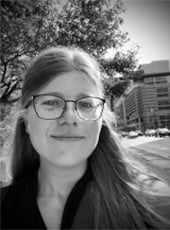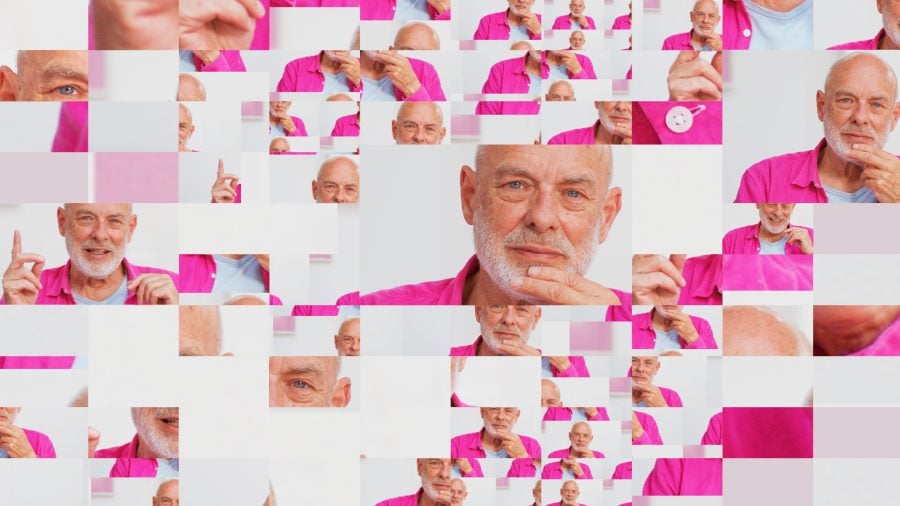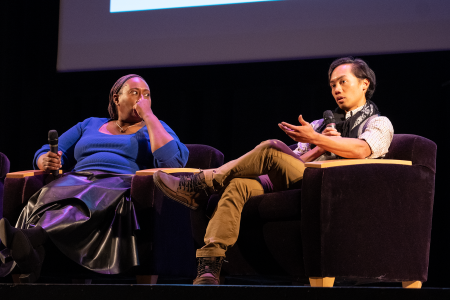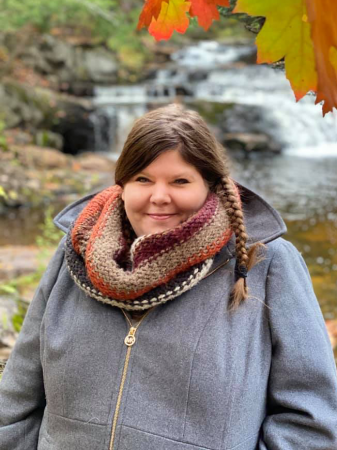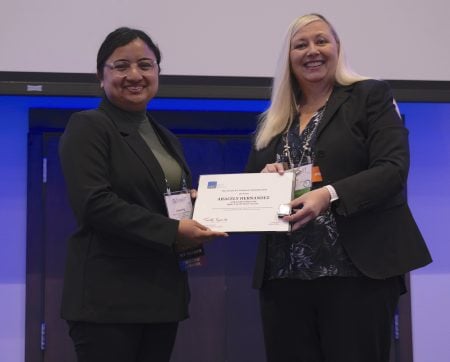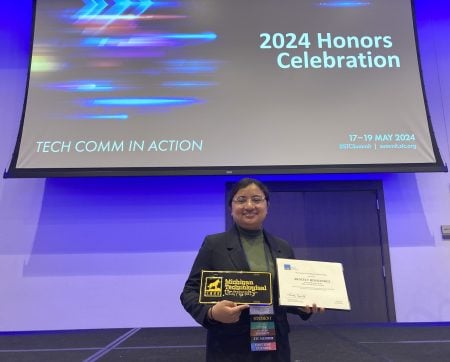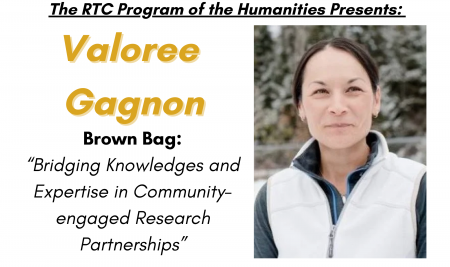What:
Abstract:
Embracing slow cinema and focusing on women are both underappreciated approaches to filmmaking when it comes to representing the financial crisis. One filmmaker who explores the financial crisis through these underused techniques is Lauren Greenfield. In this paper, I will explore three of Greenfield’s films through the lens of theorists Jill Godmilow and Nicholas Mirzoeff to show how alternative ways of looking provide a new critique of capitalism. Typically, films on financial crises are fast paced. Juliette Feyel and Clémence Fourton’s 2019 article “Post-2008 Films: The Financial Crisis in Fictions and Documentaries” argues that 2008-crisis films are represented in specific structures and patterns. Clichéd quick cuts show phone calls, graphs, and skyscrapers. These visual depictions are limiting, often excluding how crisis affects daily life and women. An alternative approach is found in the work of Greenfield, including the films The Queen of Versailles (2012), Generation Wealth (2018), and The Kingmaker (2019). I argue that Greenfield uses beauty, excess, and the grotesque to critique late capitalism. Greenfield favors mundane daily life with long shots of mansions with neglected pools, motivational posters in a vacated office, and dog poop left on the carpet after the nannies are laid off. She pays attention to women in a sub-genre where women are largely absent and uses slow-cinema techniques in a sub-genre that mostly embraces fast-paced narratives. Interviewees who would typically be depicted in quick clips are given screen time to humanize themselves. Greenfield juxtaposes excess with relatable reasons for its pursuit, drawing attention away from subjects and toward the system that creates it, coming close to accomplishing what Godmilow terms postreal filmmaking and Mirzoeff Visuality 2. Ultimately, Greenfield invites the audience to sit with her subjects, identify with them, and begin to imagine an alternative world.
Who:
Presented by RTC PhD student Emma Johnson.
All are welcome to attend!
When:
Friday, March 28 2025
Where:
Petersen Library, Walker Arts & Humanities Center
